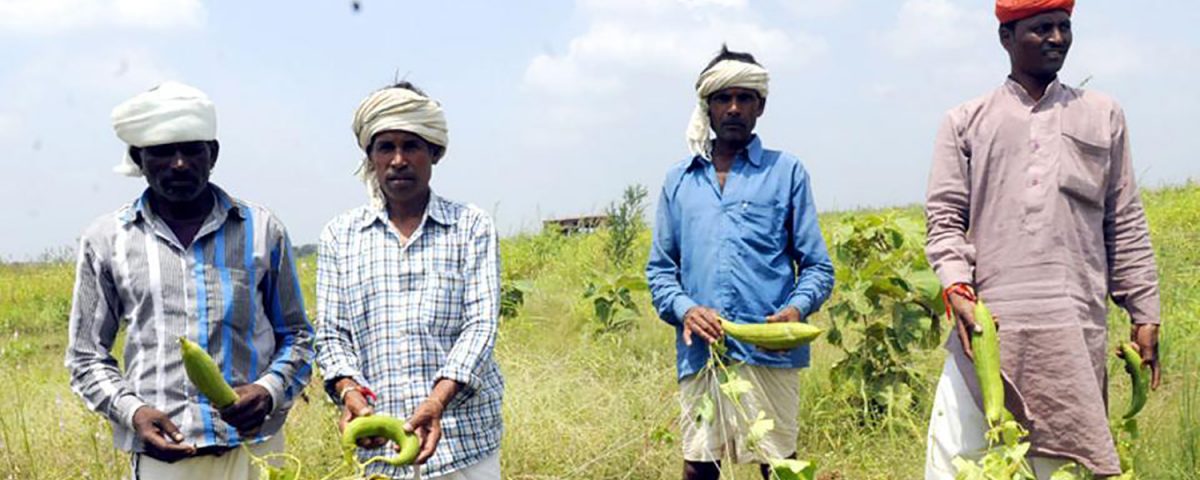Organic farming brings prosperity to Balaghat dist’s women farmers

Khushboo Joshi, Hindustan Times, Bhopal
Practices of organic farming introduced by Professional Assistance for Development Action (Pradan), an NGO, in Paraswada block of state’s Balaghat district in 2009 have started paying dividends, bringing happiness and prosperity in the lives of women farmers in this area.
Years of chemical use and heavy dependence on monsoon for irrigation had adversely affected the environmental health of the area, thus resulting in lower productivity.
Pradan, which works with country’s rural poor, engages with disadvantaged communities to help them emerge from poverty and lead a life of dignity by promoting self-help groups, developing locally relevant economic activities, and mobilizing finances from government schemes.
Sitala Bai, a 38-year-old farmer in Balaghat district’s Katoli village, had last year sown maize and mustard and the yield was around one quintal and 0.5quintal respectively which in monetary terms would have fetched her Rs600/qn. A look at this year earnings so far suggests she has earned around Rs 7000/qn from same area.
While, about 3,000 women farmers of the district are now engaged in making organic pesticides and fertilizers on their own and using in their fields, there are several others who are learning to produce them to enrich the b soil health.
“While men would usually migrate to urban areas in search of work, women did a number of jobs from sowing seeds to spraying insecticides. But the status of farmers was usually reserved for the men. Since the inputs in farming were heavily dependent on the market, and women wouldn’t be allowed to step out of their houses to buy seeds, pesticides, fertilizers etc., their role was limited to a greater extent,” said Pradan coordinator Subodh Verma.
Dwarka Bai of Sawarjhodi village, says, “Years of chemical use had resulted in the loss of indigenous seeds and increased dependency on external forces. With this change, women’s influence in agricultural activities had greatly diminished. Organic farming promoted through gender lenses could facilitate in rectifying this situation.”
On being asked about the process of making these pesticides, Dwarka Bai says, “Local and naturally available materials are used for making these produces. These are ready to use materials.” Jeewamrite(organic fertilizer), matka khad(organic fertilizer), neemastra (pesticide), aageneyastra (pesticide), bramhastra(pesticide), cow urine (concentrated fungicide) are some of them, she adds.
As to the taste of the crops produced, Sitala Bai of Katoli village says, “After we started organic farming, the taste has changed. Many women who are producing these crops have identified these changes. They sell them in local- and block-level markets and buyers like these produces because of the taste.”
Raju Chaudhary of Lotmara village told HT that the cost of cultivation has decreased. “It is good to see women having ownership over the materials/organic products. Demand for our products is high in markets,” he says.
“Now we manage to save enough money for our personal needs. We have all started sending our children to better schools and our family assets have increased also. At the same time, our health-related troubles have reduced a lot,” says Chaiti from Sawarjodi.
Source: hindustantimes

